About Us
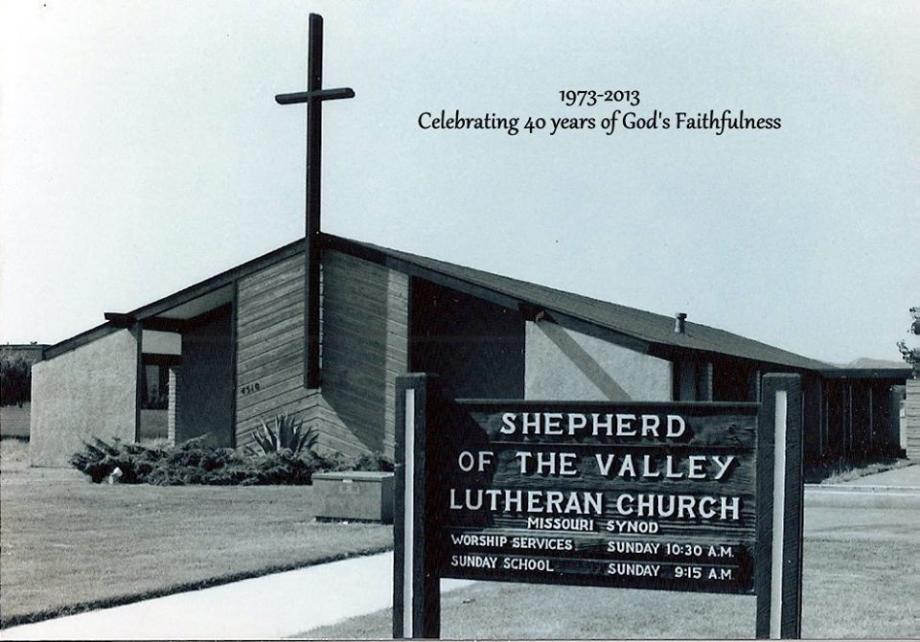
It was our beginning! The eastern San Luis Rey Valley of Oceanside was mostly tomato fields, dairies, an isolated housing project here and there populated mainly by Marine families, and a few mobile home parks populated mostly by retired Marines. No shopping centers, few churches. As the community grew, a group of members of Faith Lutheran Church in Vista began canvassing the San Luis Rey Valley. Here in Oceanside there was a need for the Gospel of Christ to be preached! Sunday School classes began in the Spring of 1973 and our first worship service was held on July 29, 1973 using the facilities at Pacifica Elementary School. Later that year a small group began to meet to face the challenges of starting a new church. In 1974, the land was purchased on which our church now stands. The chapel building would take shape 3 years later, and our first worship services were held at our present location on December 18, 1977.
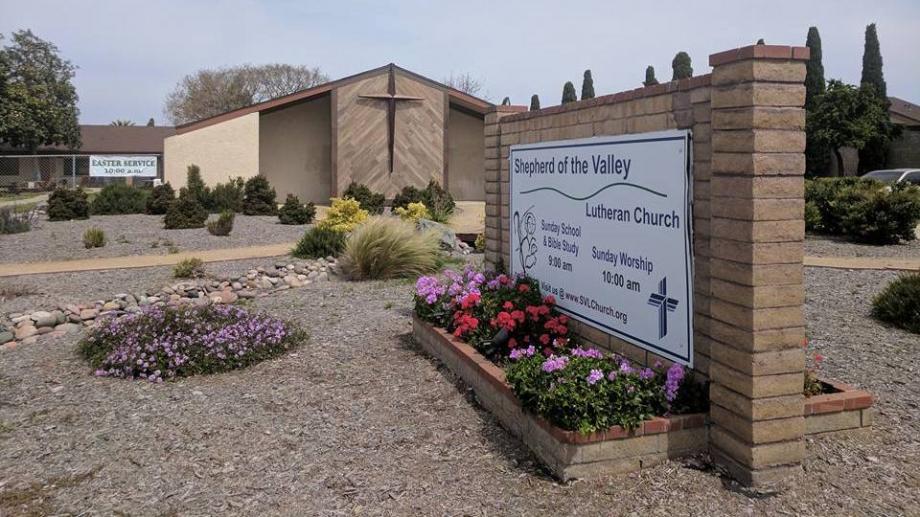
There have been many changes within Oceanside and our Church family! Through it all, God has been faithful…God has blessed! We’ve had the joy of reaching out to our friends, neighbors, and community. We have been blessed by participating in hundreds of baptisms, youth and adult confirmations. Through it all, we have remained remarkably the same…humble, simple people who love Christ and each other. Reaching, teaching, caring, sharing in the name of Christ. Extending His Gospel and His Kingdom in this place. Loving as we are loved. Nothing more, nothing more desired.
General, Beliefs, The Affirmation of Faith, The Lord’s Prayer, and History
General: Lutherans represent the oldest (1517) and largest (72 million) protestant church body in the world – the original. We are conservative, biblical, evangelical, and protestant in character. Although we’re found more in the mid-west and north-central states, there are Lutherans all over America with about 8 million members in the US. People from a variety of backgrounds like our solid biblical teachings, our basic conservative approach to theology, our simple but reverent worship and our loving, evangelical attitude.
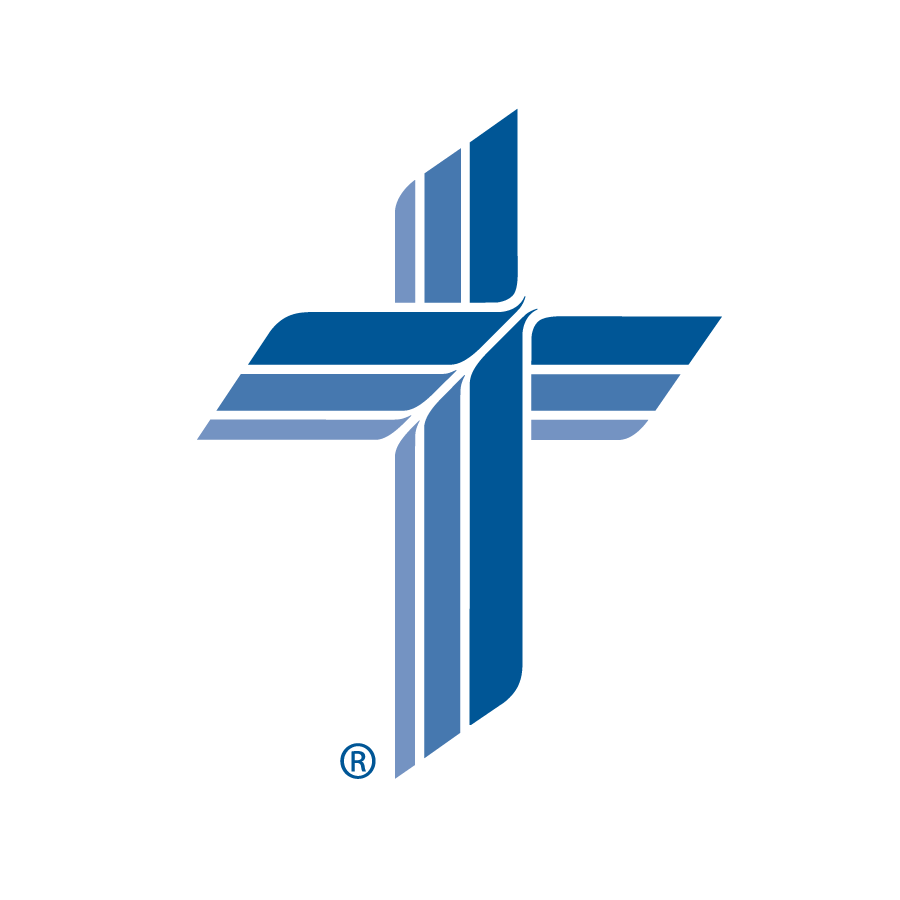
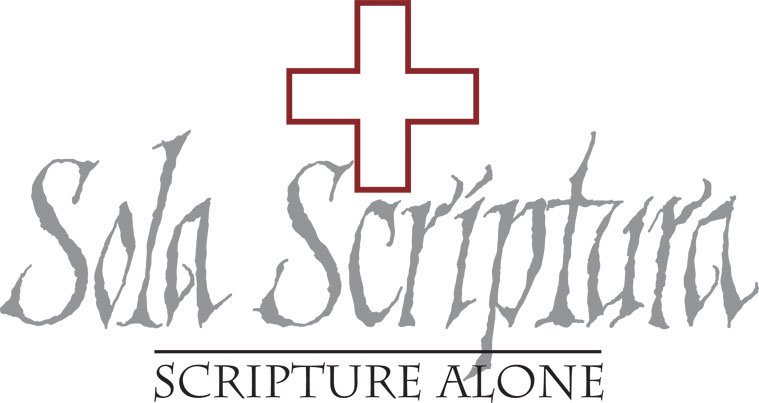
Bible Alone
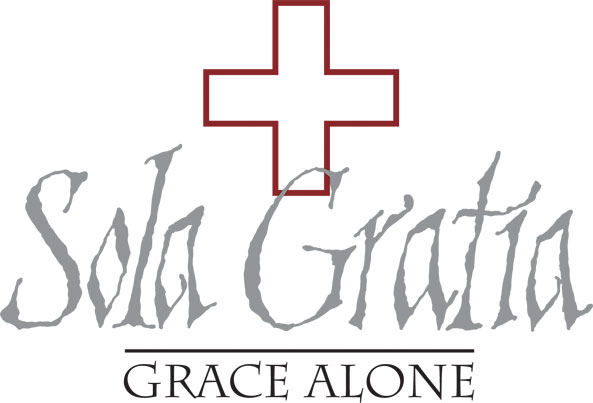
Grace Alone
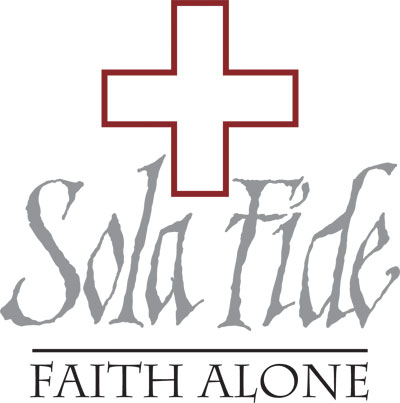
Faith Alone
The Affirmation of Faith:
The Apostle’s Creed (ca. 215 AD)
I believe in God, the Father almighty, maker of Heaven and Earth.
And in Jesus Christ, His only Son, our Lord; who was conceived by the Holy Spirit, born of the Virgin Mary, suffered under Pontius Pilate, was crucified, died, and buried. He descended into hell. The third day he rose from the dead, He ascended into Heaven and sits on the right hand of God the Father almighty, from there He will come to judge the living and the dead.
I believe in the Holy Spirit, the Holy Christian church – the communion of saints, the forgiveness of sins, the resurrection of the body, and the life everlasting. Amen!
The Lord’s Prayer:
Our Father who art in Heaven, hallowed be Thy name; Thy Kingdom come, Thy will be done on Earth as it is in Heaven. Give us this day our daily bread, and forgive us our trespasses as we forgive those who trespass against us. And lead us not into temptation but deliver us from evil. For Thine is the Kingdom and the power and the glory forever and ever. Amen!
Lutheranism 101:
For a topic by topic introduction to what we believe please read our Lutheranism 101 material
History:
Martin Luther (1483-1546) was a dedicated and faithful Catholic monk who earned his doctorate in the Bible and taught the Bible at a Catholic university in Germany. Increasingly, he became uncomfortable with several teachings of the church which he believed were not Biblical. Desiring to discuss these points, he posted “95 theses” (statements for discussion) on October 31, 1517, remembered as “Reformation Day.” Written in Latin and intended only for scholarly debate, they soon became the floodgate for the “protestant” (from word “protest”) and “evangelical” (from word “gospel”) movement. Luther’s call for reform and to discuss theology was not welcomed. Luther and those who agreed with him were excommunicated (removed from membership) by the Catholic Church and so gathered into their own fellowship. Within 25 years, perhaps one-third of Europeans had become Lutherans. Lutherans brought their church with them as they moved to America (it has always been among the top 4 protestant bodies in this country); many of these Lutherans were from Germany, Sweden, Norway and Denmark. Originally there was a strong ethnic characteristic to Lutheranism here, but it is now solidly American and ethnically diverse, joyously including those from all backgrounds.

For more information, click here:
http://www.lcms.org/belief-and-practice
